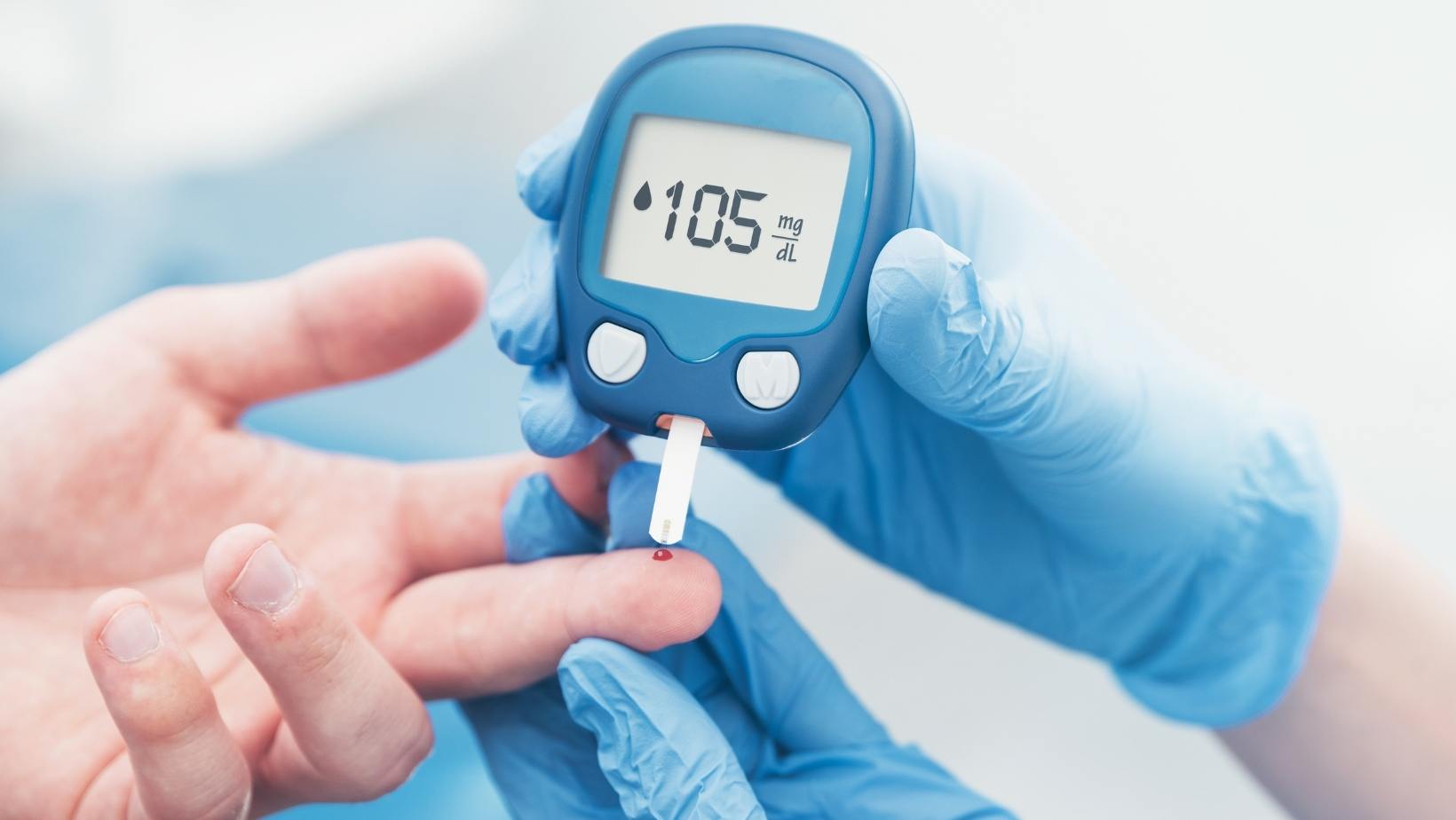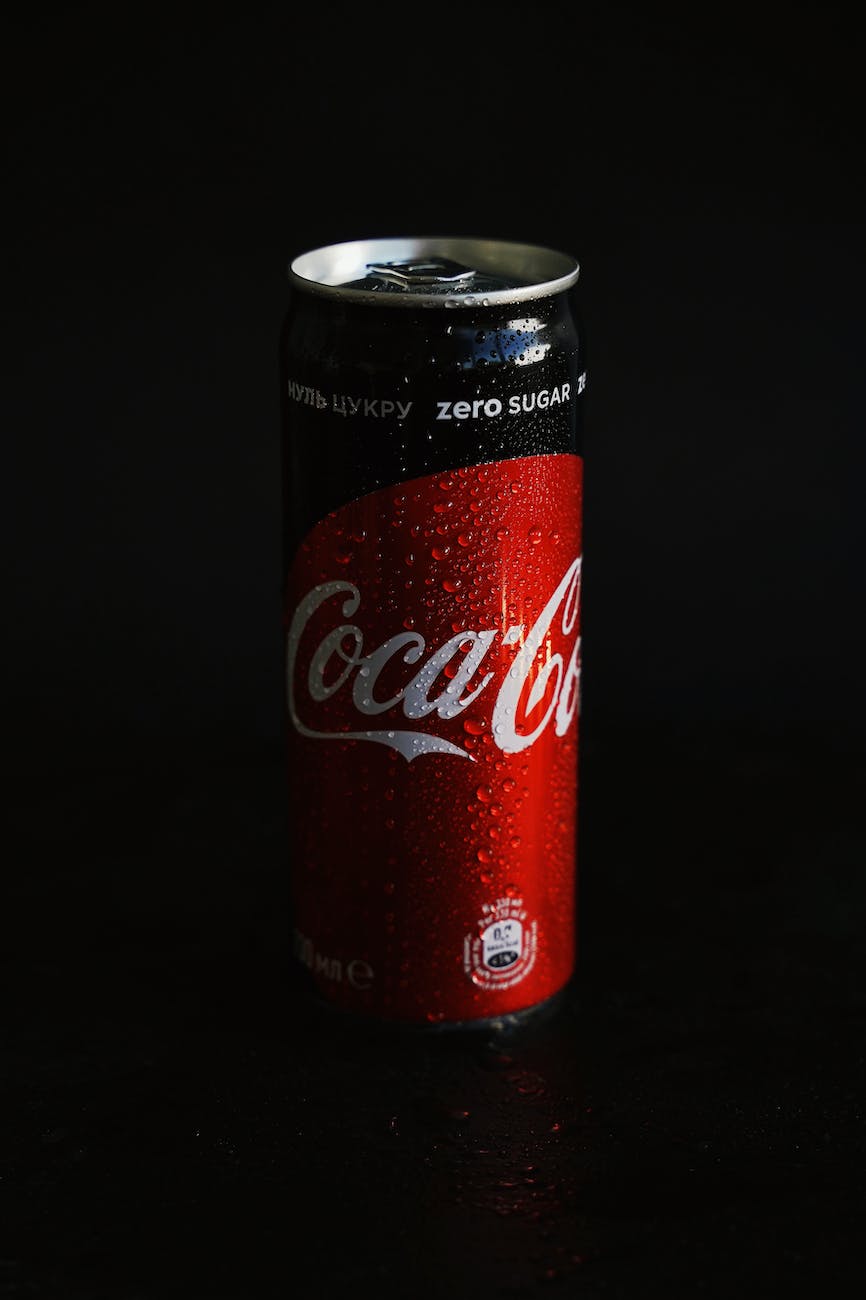
In today’s health-conscious world, artificial sweeteners like aspartame have become household names, often touted as sugar substitutes for those watching their carbohydrate intake. But for diabetics, the question remains: Is aspartame a friend or foe? Let’s dive deep into the world of aspartame and its implications for those with diabetes.
Understanding Aspartame: Beyond the Sweetness
Aspartame, a name that often pops up on the ingredient lists of diet sodas, sugar-free gums, and even certain medications, is an artificial sweetener that promises the sweetness of sugar without the associated calories. But what really is aspartame?
- Chemical Composition: Aspartame is a dipeptide, made up of two amino acids, aspartic acid and phenylalanine. It’s about 200 times sweeter than regular table sugar (sucrose), which means only a tiny amount is needed to achieve the desired sweetness.
- Metabolism in the Body: Once ingested, aspartame breaks down into its constituent amino acids and a small amount of methanol. These components are then metabolized by the body just like any other dietary amino acids and alcohols.
- Caloric Content: While aspartame does contain calories, the amount used in food products is so minuscule that its caloric contribution is practically negligible.
Aspartame and Blood Sugar Levels: The Real Story
For diabetics, managing and monitoring blood sugar levels is a daily ritual. Any food or drink that can impact these levels is scrutinized, and rightly so. Here’s what you need to know about aspartame’s role:
- Direct Impact on Blood Sugar: Pure aspartame does not have a glycemic index. This means that, in isolation, it doesn’t raise blood glucose levels. However, the story doesn’t end here.
- The Brain’s Perception: Some studies suggest that tasting something sweet, even if it doesn’t raise blood sugar, might affect insulin response. The brain perceives sweetness and might signal the pancreas to release insulin, a phenomenon still under research.
- Companion Ingredients Matter: While a product might boast of being sugar-free due to aspartame, it’s essential to check for other ingredients. Some products might contain other carbohydrates or sweeteners that do impact blood sugar.
- Real-world Observations: Anecdotal evidence suggests varied responses. Some diabetics report no noticeable changes in their blood sugar after consuming aspartame-sweetened products, while others advise caution. Individual responses can vary based on overall diet, medication, and even the gut microbiome.
Debunking Myths: Aspartame’s Link to Diabetes
The internet is rife with claims, counterclaims, and myths. Let’s address some of the most common misconceptions surrounding aspartame and diabetes:
- Does Aspartame Cause Diabetes? There’s no scientific evidence to suggest that aspartame directly causes diabetes. Most claims stem from misinterpreted studies or anecdotal experiences.
- Aspartame’s Impact on Insulin: While some animal studies have hinted at a possible insulin response to artificial sweeteners, human studies remain inconclusive. It’s essential to differentiate between correlation and causation.
- Long-term Implications: The long-term effects of aspartame on insulin sensitivity and diabetes management are still under study. However, current research deems it safe for consumption within established guidelines.
Remember, while aspartame can be a tool in a diabetic’s arsenal, it’s not a magic bullet. Comprehensive diabetes management involves diet, exercise, medication, and regular monitoring. Always consult with a healthcare professional before making significant changes to your diet.
The Controversy: Diet Sodas, Aspartame, and Diabetes
Diet sodas, often the go-to drink for many seeking a sugar-free alternative, have been at the center of health debates for years. With aspartame being a primary sweetener in many of these beverages, it’s crucial to understand its role in the context of diabetes.
Diet Sodas: Not Just About Aspartame
While aspartame might be a key ingredient, diet sodas are a cocktail of various components. Here’s a breakdown:
- Carbonation: The fizz in diet sodas comes from carbon dioxide. While carbonation itself doesn’t impact blood sugar, it can lead to bloating or digestive discomfort for some.
- Acidity: Most sodas, diet or not, are acidic. Regular consumption can affect dental health, leading to enamel erosion. For diabetics, who might already be at a higher risk for dental issues, this is an essential consideration.
- Other Sweeteners: Not all diet sodas rely solely on aspartame. Some might contain a blend of artificial sweeteners, like acesulfame K or sucralose. Each sweetener can have its own set of effects on the body.
- Caffeine: Many diet sodas contain caffeine. While moderate caffeine intake might not be harmful for most diabetics, it’s essential to monitor its effects on blood sugar and overall health.
The Weight Debate: Can Diet Sodas Aid Weight Management?
One of the primary reasons many turn to diet sodas is weight management. But does it really help?
- Caloric Reduction: Switching from regular to diet sodas can reduce calorie intake, given that regular sodas are high in sugars. However, the overall impact on weight depends on the total daily caloric intake and expenditure.
- Appetite and Cravings: Some studies suggest that artificial sweeteners might increase cravings for sweet foods and drinks. This can lead to overconsumption of other high-calorie foods, negating any benefits from choosing a diet soda.
- Metabolic Effects: There’s ongoing research on how artificial sweeteners, including aspartame, might affect metabolism. Some theories suggest potential impacts on insulin sensitivity or gut bacteria, but conclusive evidence is still lacking.
Making Informed Choices: Aspartame in the Context of Overall Diet
For diabetics, every dietary choice matters. When considering aspartame-sweetened beverages or foods:
- Moderation is Key: Like everything, consumption should be in moderation. The FDA has set an acceptable daily intake (ADI) for aspartame at 50 milligrams per kilogram of body weight.
- Read Labels: Beyond just checking for aspartame, it’s essential to understand the overall nutritional profile of a product. Look for other sugars, carbohydrates, and ingredients that might affect blood sugar.
- Individual Responses Vary: Everyone’s body is unique. What works for one person might not work for another. It’s always a good idea to monitor blood sugar levels after introducing any new food or drink into your diet.
Remember, while diet sodas and aspartame can be part of a diabetic diet, they shouldn’t replace water or other naturally calorie-free beverages. Always prioritize a balanced, whole-food-based diet for optimal health.
FAQs: Aspartame and Diabetes
1. How does aspartame’s impact on diabetes differ from other artificial sweeteners?
- Most artificial sweeteners, including aspartame, don’t directly influence blood sugar levels. However, individual reactions can vary based on the product’s overall composition and other ingredients.
2. Why do some people believe aspartame might be detrimental to diabetics?
- Certain studies suggest a potential link between artificial sweeteners and type 2 diabetes, but these are often based on observational data, not direct causation.
3. Can daily consumption of aspartame-laden products influence diabetes management?
- While aspartame itself doesn’t spike blood sugar, it’s crucial to monitor blood sugar levels and be cognizant of individual reactions, especially considering other ingredients in the product.
4. What do major health organizations say about aspartame’s safety for diabetics?
- Reputed organizations, including the Mayo Clinic and the NHS, typically regard aspartame as safe for diabetics when consumed within the recommended limits.
5. Are there any recent studies (2021-2022) that provide new insights into aspartame’s relationship with diabetes?
- Research is an ongoing endeavor. While some studies highlight potential concerns, others find no significant risks. For the latest findings, it’s always best to consult recent scientific literature or healthcare professionals.
6. How does aspartame compare to other sweeteners, such as acesulfame K, in terms of safety for diabetics?
- Both aspartame and acesulfame K are generally considered safe for diabetics when consumed in moderation. However, individual reactions can differ, making personal monitoring essential.
For more insights on aspartame’s role in various health scenarios, you can refer to our previous articles on Aspartame and Pregnancy and Aspartame in Keto Diets.
Blog Tags: aspartame, diabetes, blood sugar management, artificial sweeteners, type 2 diabetes, diet, nutrition, health, sugar substitutes, insulin sensitivity.













